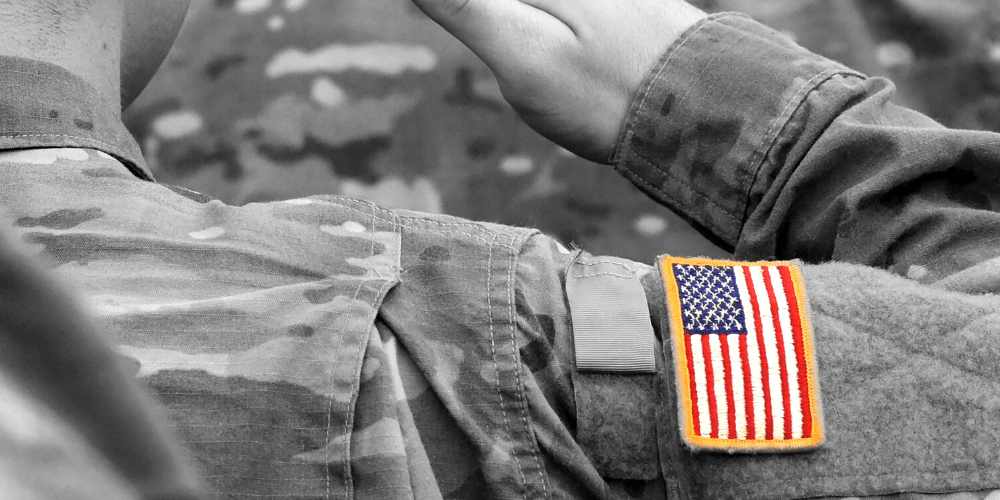
The U.S. State Department issued an official report on the country conditions in the Philippines in 2016 which states in part: “President Rodrigo Roa Duterte, elected in May, began the first year of his constitutionally limited six-year term on June 30. Since July police and unknown vigilantes have killed more than 6,000 suspected drug dealers and users as the government pursued a policy aimed at eliminating illegal drug activity in the country by the end of the year.”
Extrajudicial killings have been the chief human rights concern in the country for many years and they increased sharply over the past year. Click here.
There is at least one mother in Hawaii whose son, who was suspected of being a drug user, was reportedly the victim of an extrajudicial killing in Ilocos Norte, Philippines after President Duterte came to power. Can the mother sue the Republic of the Philippines for the extrajudicial killing of her son and recover damages?
The following case, decided yesterday, August 14, 2017, by the U.S. Court of Appeals for the Second Circuit, will help her answer the question. Vera v. Republic of Cuba, No. 16-1227, 08/14/2017.
Aldo Vera, Jr. sued in a Florida state court the Republic of Cuba for the extrajudicial killing of his father, the former police chief in Havana, in San Juan, Puerto Rico, on October 25, 1976. Vera, Sr. had fled Cuba in the 1960s and engaged in counterrevolutionary activities in Puerto Rico and Florida. Vera Jr. alleged that agents acting on orders of the Cuban government executed Vera’s father.
Vera Jr. obtained a default judgment for $95 million against Cuba which did not appear in the action. Although foreign states are generally immune from the jurisdiction of the United States under the Foreign Sovereign Immunities Act of 1976 (FSIA), 28 USC §§ 1602 et seq., the Florida court held that Cuba was subject to suit under a statutory exception to immunity in 28 USC § 1605(a)(7), known as the “terrorism exception”. The exception authorizes suits against foreign states that sponsor certain acts of terrorism, such as extrajudicial killings and torture. 28 USC § 1605A(a)(1).
The Florida court found that Cuba ordered the extrajudicial killing of Vera’s father in retaliation for his participation in the anti-communist movement and that Cuba was designated to be a state sponsor of terrorism in 1982 and remains so designated.
Vera then filed a complaint against Cuba in the United States District Court for the Southern District of New York seeking recognition and entry of the Florida judgment pursuant to the Full Faith and Credit Act, 28 USC § 1738. Cuba failed to appear in the federal action and the District Court entered a default judgment against it for approximately $45 million.
Vera served information subpoenas on the New York branches of certain foreign banks, including BBVA. The bank refused to comply with the subpoenas’ request for information regarding Cuban assets and moved to quash the subpoena. It argued that Vera’s default judgment against Cuba was void for lack of subject matter jurisdiction under the FSIA and that the District Court lacked personal jurisdiction over BBVA. The District Court rejected BBVA’s challenge and ordered it to provide full and complete answers to Vera’s request for information on Cuban assets located in BBVA’s branches in and outside the United States. The court held BBVA in contempt when it refused to comply. BBVA appealed.
28 USC § 1604 bars state and federal courts from exercising jurisdiction when a foreign state is entitled to immunity. 28 USC § 1330 confers
jurisdiction on federal district courts only if one of the exceptions to immunity applies.
28 U.S.C. § 1605A eliminate sovereign immunity and permits suits
directly against a foreign state in any case in which money damages are sought against [the] foreign state for personal injury or death that was caused by an act of torture, extrajudicial killing, aircraft sabotage, hostage-taking, or the provision of material support or resources for such an act if . . . engaged in by an official, employee, or agent of such foreign state while acting within the scope of his or her office, employment, or agency.”
Even if a foreign state has engaged in one of the terrorist acts described above, however, it is not subject to suit in the United States unless the foreign state
was “designated as a state sponsor of terrorism at the time the act . . . occurred” or was later “so designated as a result of such act.” Id.§ 1605A(a)(2)(A)(i)(I).
The Court of Appeals held that the District Court lacked subject matter jurisdiction over Vera’s action against Cuba because Cuba was not designated a state sponsor of terrorism at the time Vera’s father was killed in 1976, and Vera failed to establish that Cuba was later designated in 1982 as a state sponsor of terrorism as a result of his father’s death. Accordingly, the FSIA’s terrorism exception to sovereign immunity – the only potential basis for subject matter jurisdiction in this case – does not apply. Therefore Cuba was immune from Vera’s federal action and the District Court had no jurisdiction to enter judgment against Cuba and to enforce the subpoenas.
If you’re facing court-martial charges, contact Bilecki Law Group today.
Defending Service Members Globally
Wherever Duty Calls, Our Defense Follows




